Uncategorised
Why can’t I taste my food? 7 causes for loss and changes in taste
14 Jan 2021
3m
Tasting food is one of life’s greatest pleasures. For anyone who enjoys eating, there’s nothing scarier than the idea of losing that experience. The thought of bacon and butter feeling like clumps of tasteless mush is enough to send chills down your spine.
But taste loss can happen. If this has ever happened to you and you’ve wondered why can’t I taste my food, here’s everything you need know.
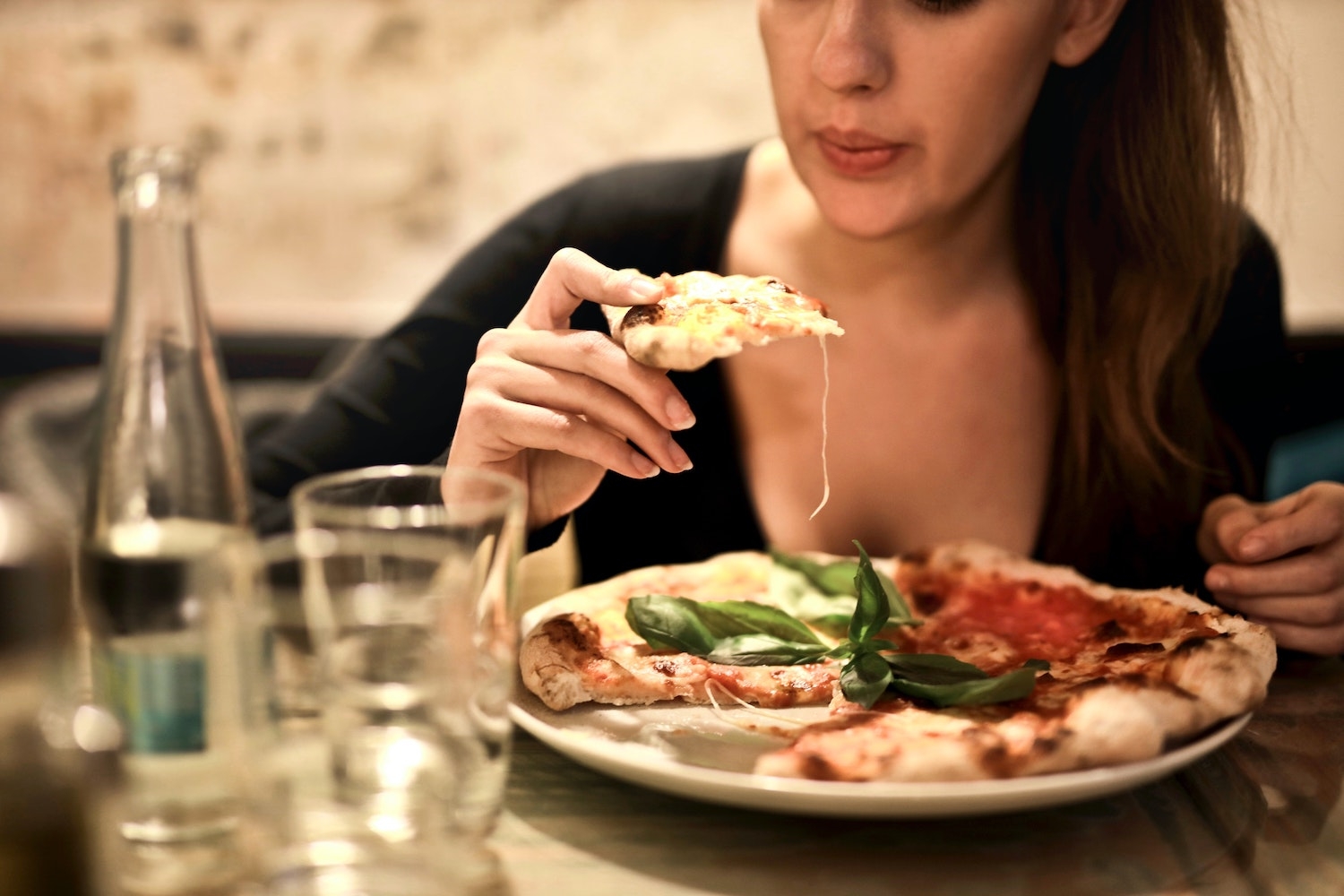 Tasting food is one of life’s greatest pleasures (Credit: Pexels)
Tasting food is one of life’s greatest pleasures (Credit: Pexels)
Why can’t I taste my food?
Unfortunately, there are a few things out there that my explain why you can’t taste your food.
READ MORE: 7 common food that can have weird effects on your body
Here are seven causes that can ruin food forever.
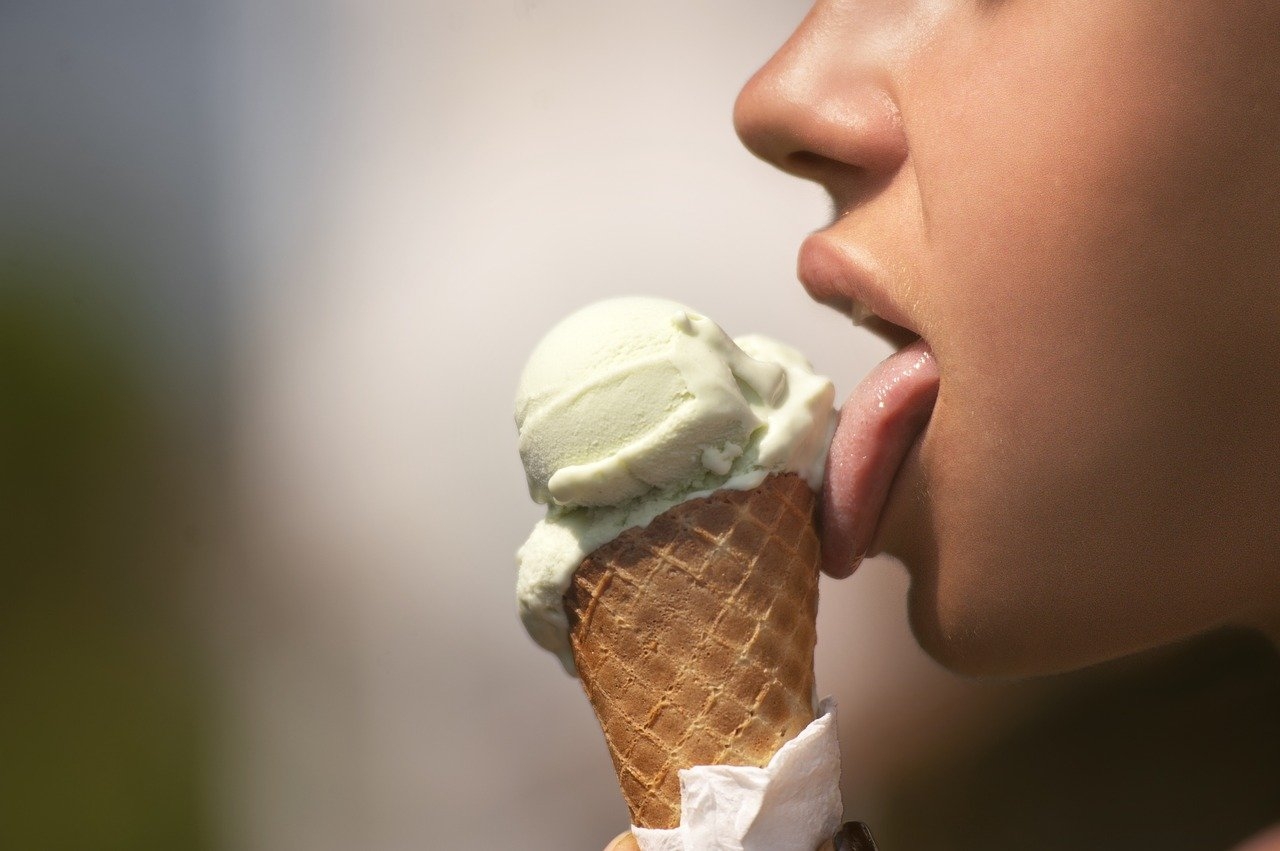 Lots of things can affect your sense of taste (Credit: Pixabay)
Lots of things can affect your sense of taste (Credit: Pixabay)
1. Fast Food
Few things are better than the chemical rush of a really excessive fast food feast. Unfortunately, over-indulgence can affect more than just your waistline.
The high levels of sugar and fat present within fast food can alter the way your brain processes taste. As a result, ‘normal’ food tastes far less enjoyable than it should.
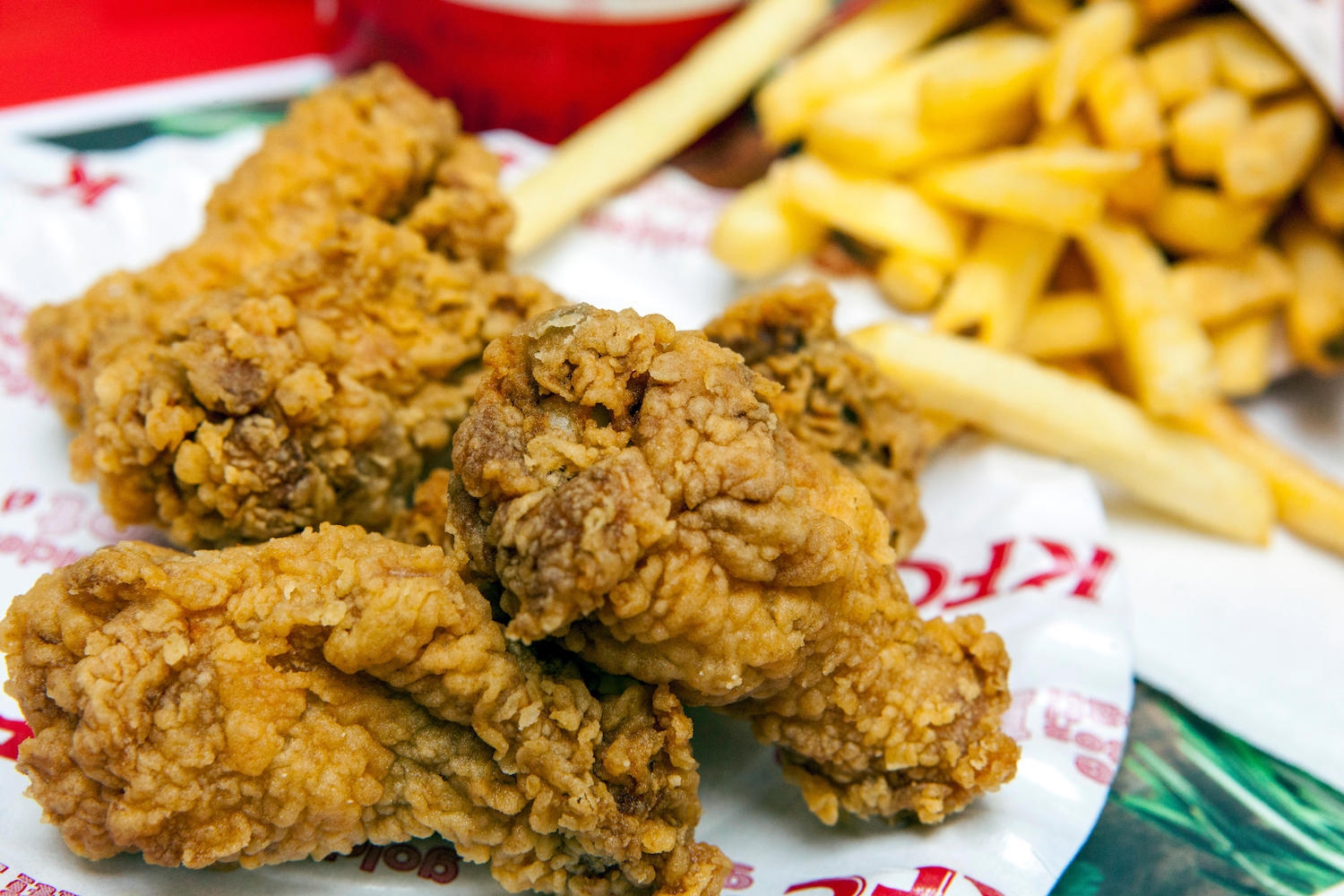 Fast food can have an impact on your ability to taste (Credit: Alamy)
Fast food can have an impact on your ability to taste (Credit: Alamy)
2. Alcohol
Though a late-night booze-induced food binge is one of life’s great joys, there’s more to alcohol than meets the eye. While it doesn’t affect the taste buds directly, alcohol numbs texture receptors in the mouth.
READ MORE: This is what happens if you swallow gum
This means that any food with an important textural element becomes significantly less interesting.
 Alcohol numbs texture receptors in the mouth (Credit: Pixabay)
Alcohol numbs texture receptors in the mouth (Credit: Pixabay)
3. Sugary Drinks
It’s not just fatty foods that are waiting to ruin eating forever.
If we indulge too often, our taste receptors can become so used to excess sugar that any foods with normal natural levels of the substance seem significantly more dull than their artificial counterparts. This means that anything without mountains of sugar can just end up tasting bland.
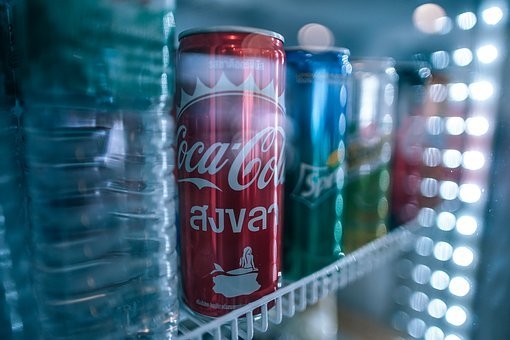 Soft drinks can impact our taste receptors (Credit: Pixabay)
Soft drinks can impact our taste receptors (Credit: Pixabay)
4. A Punch in the Face
It turns out that cowardice isn’t the only reason to avoid fist fights. Any violent blow to the head can tear the olfactory nerves responsible for smell – which in turn can drastically affect taste.
READ MORE: Here’s how cooking can help your mental health
Though these nerves can repair themselves naturally, more often than not the damage is permanent.
 Being punched can ruin your ability to taste (Credit: Pexels)
Being punched can ruin your ability to taste (Credit: Pexels)
5. Smoking
There are few self-inflicted habits that you can indulge in that are worse for your sense of taste than smoking. Cigarettes and chewing tobacco damage the microscopic hairs that coat the inside of the nose and move mucus along the nasal tract.
This can lead to taste-numbing sinus infections and to tar coating the mouth and nose. Not a recipe for flavour.
 Smoking affects your sense of taste (Credit: Pexels)
Smoking affects your sense of taste (Credit: Pexels)
6. Cleaning Chemicals
Cleaning up is sadly an inevitable part of adult life. However, it might be a good idea to take extra care next time you open the bleach.
READ MORE: Is it safe to eat food a fly landed on? Food hygiene expert sets record straight
The harsh chemicals present in many cleaning products can do serious damage to smell and taste receptors, especially if used in unventilated areas. If you can, make sure you open a window.
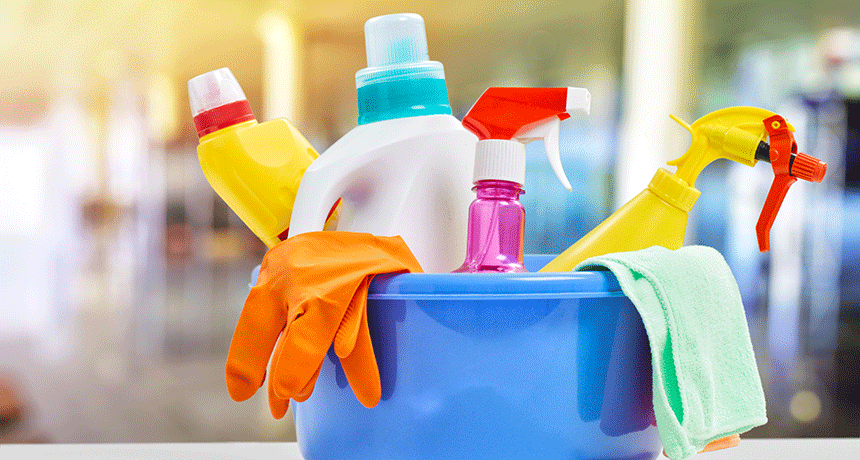 Cleaning chemicals can be dangerous (Credit: PA)
Cleaning chemicals can be dangerous (Credit: PA)
7. Loss of Sight
You might think that not being able to see anything wouldn’t matter in the slightest when you’re scoffing something delicious. However, scientists have recently discovered that the colour of food and our perception of it greatly affects how food tastes.
Losing either of these advantages can therefore have an enormous impact on your overall experience of eating.
8. Covid
Here’s the obvious one, folks: Covid-19. Yep, shortly after coronavirus emerged in 2020, the NHS announced that one of the main symptoms was a loss of taste and smell.
This usually clears up after infection, but in some cases, it can last longer, and there are still some people with long Covid who haven’t fully get their taste back today.
There’s some good news, though. The symptom is also less common in those with the most common variant, omicron, with less than a fifth of those infected suffering symptoms.
READ MORE: Can food make you hallucinate?
Unfortunately, some causes of taste loss are completely unavoidable. However, it’s worth noting that permanent taste loss as a consequence of any of the above is incredibly rare.



